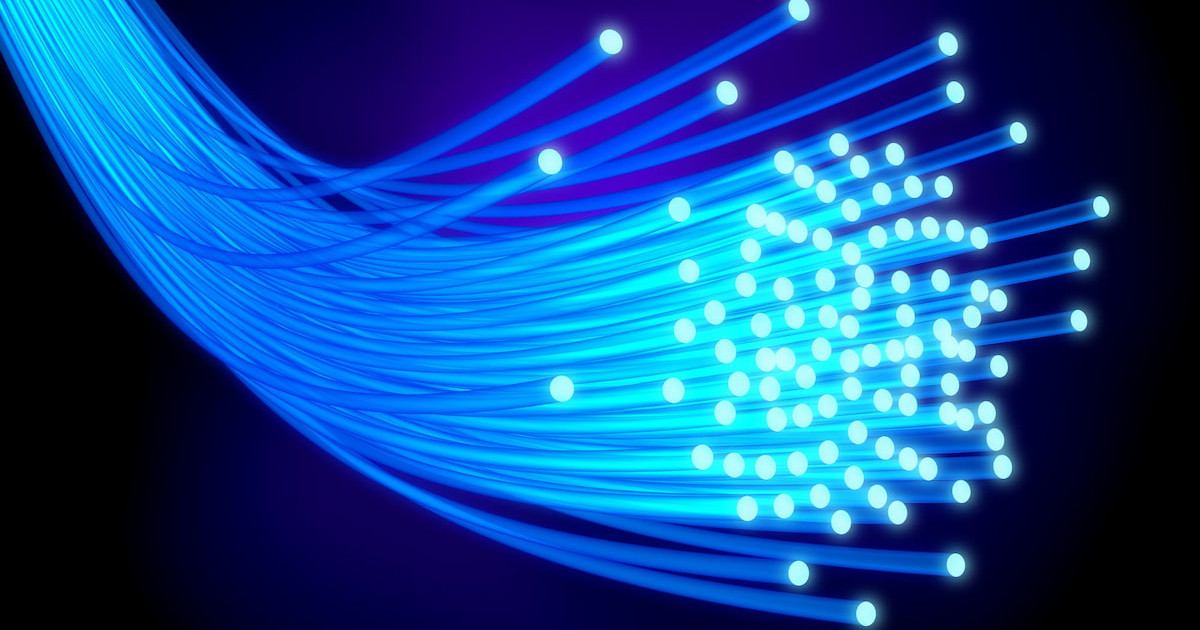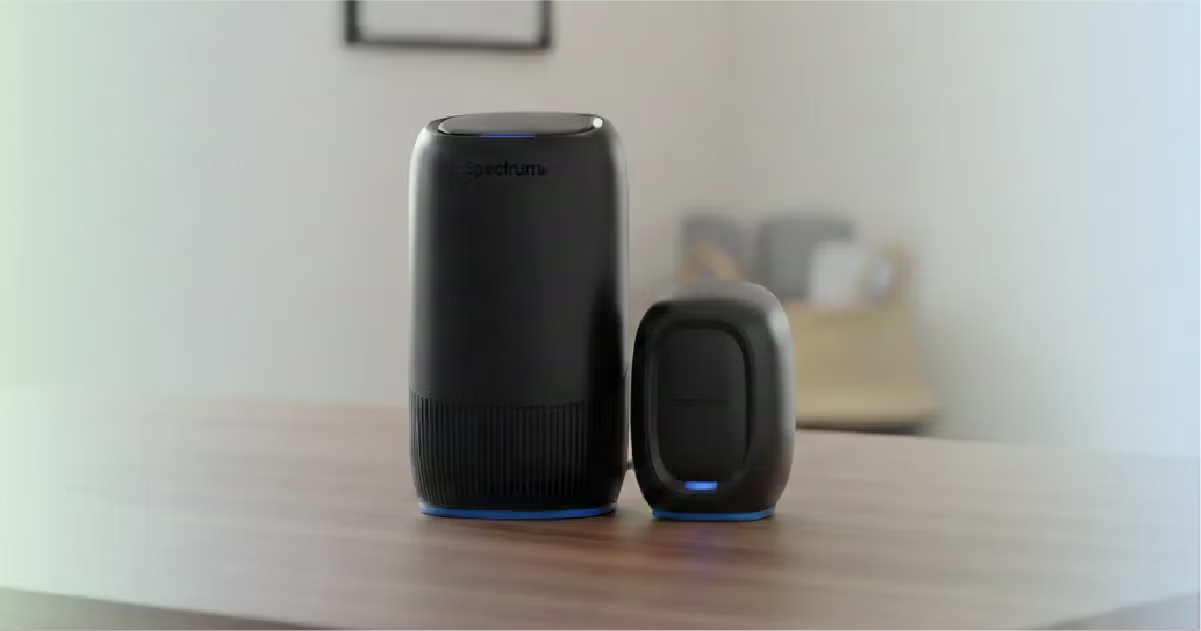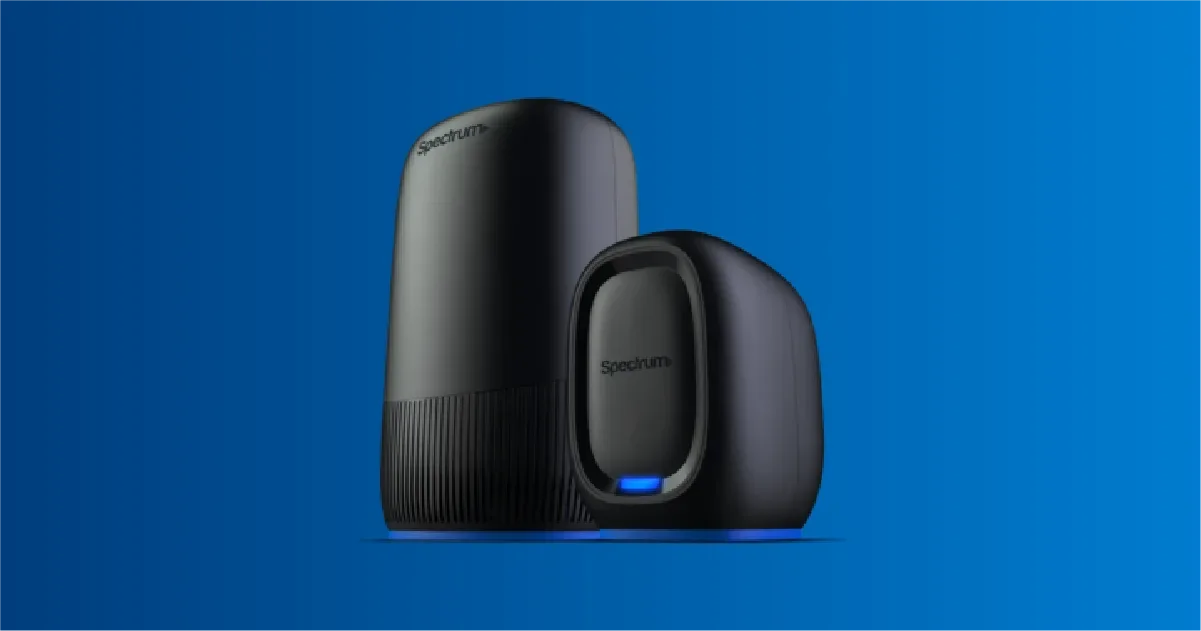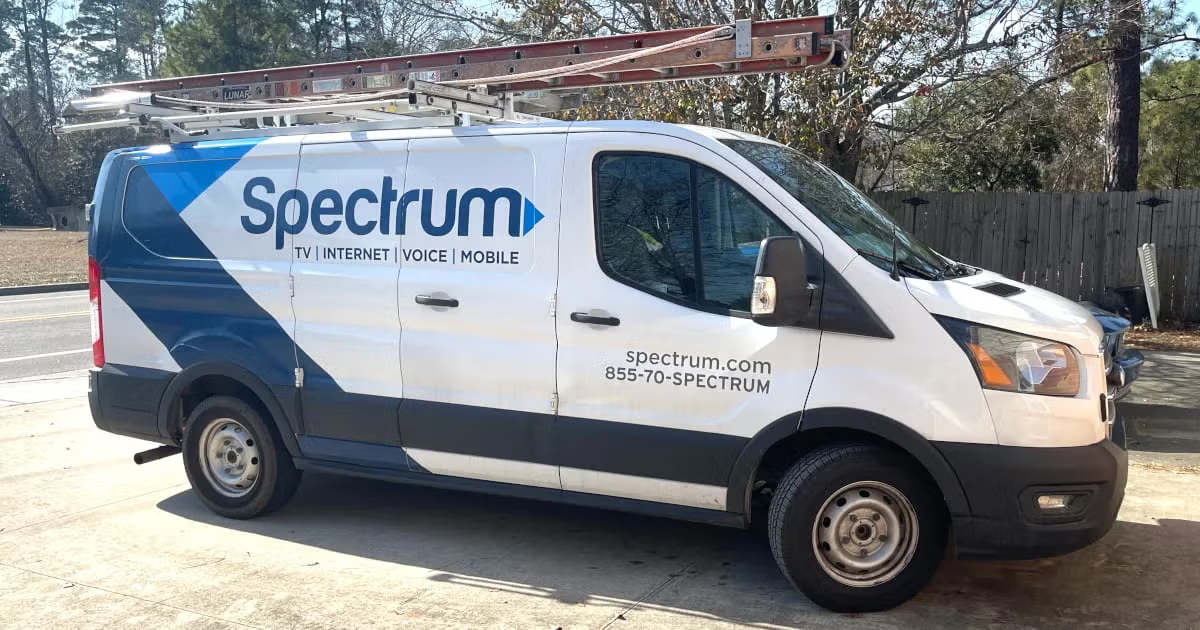How Fast Is 5G Home Internet?
5G speeds are fast enough for most households
Feb 18, 2026 | Share
Technology
5G home internet commonly gives you speeds around 100–300Mbps. That’s plenty fast for most households, but speeds aren’t guaranteed and may vary a lot based on location and time of day.
Here’s a guide to 5G home internet speeds and how they compare to fiber and cable internet.
Can you get 5G home internet where you live?
Search your zip code below to find out.
What speeds can you get from 5G home internet?
| Plan | Avg. measured download speeds* | Advertised download speeds | Price | Order online |
|---|---|---|---|---|
| Verizon 5G Home Internet | 71.4Mbps | $35–$75/mo.† w/ AutoPay. | View Plans | |
| T-Mobile 5G Home Internet | 68.6Mbps | Up to 318–498Mbps | $50–$70/mo.‡ w/ AutoPay, plus taxes & fees. | View Plan |
| AT&T Internet Air | 67.6Mbps | 75–225Mbps | $60.00/mo.§ | View Plans |
*Data from Opensignal’s 5G Experience Report, July 2025. See disclaimers.
Depending on the type of 5G home internet, speeds range anywhere from 25Mbps to 1,000Mbps.
Tested 5G speeds over T-Mobile, Verizon, and AT&T hit an average of around 70Mbps, according to a recent report from analytics firm Opensignal.
All three providers advertise faster top speeds, with Verizon going so far as to boast that you can get gigabit performance on its 5G Home Plus plan.
If that makes you suspicious, just know that there is validity to their claims. The quality of 5G networks varies widely, so some customers could be getting near-gigabit speeds even though the average speed is much lower.
Curious to see how fast your 5G internet is? Take a speed test to find out.
Download speed
000 Mbps
Upload speed
000 Mbps
Latency (ping)
00 ms
Jitter
00 ms
What’s the fastest 5G home internet plan?
Verizon 5G Home Internet Ultimate is the fastest 5G internet plan you can get. It has download speeds of up to 1,000Mbps, which is excellent for large households and heavy-bandwidth activities like 4K streaming and downloading large files.
Can you get gigabit speeds on 5G home internet?
Verizon’s 5G Home Internet Plus plan promises speeds of up to 1,000Mbps—that’s a full gigabit. Achieving those speeds in everyday life isn’t common, though. Most people don’t need gigabit speeds but if you do, fiber or cable internet are better bets.
Can you get symmetrical upload and download speeds on 5G home internet?
Symmetrical upload speeds aren’t typically available on 5G internet. On all of the 5G internet plans we’ve researched, upload speeds are considerably slower than download speeds, similar to what you get from a cable internet plan.
If you want symmetrical uploads and downloads, we recommend looking for a fiber internet provider. Still, the upload speeds you get on 5G internet are going to be perfectly suitable for most users, supplying enough bandwidth to support routine Zoom calls, modest- to large-sized media uploads, and social media.
Is 5G home internet as good as cable or fiber internet?
Most of the time, 5G home internet will be just as good as a bottom- or mid-tier cable internet plan. If the network is particularly busy, though, or if you have outdated towers in your neighborhood, your speeds could be much slower and less reliable. You could have latency issues, too.
Of course, neither 5G nor cable is as fast as fiber internet, but fiber internet has a limited footprint due to high infrastructure costs.
You can get relatively fast download speeds and slower upload speeds on a 5G home internet plan. But you can’t get symmetrical internet speeds, like you can with fiber internet.
How 5G internet is different from cable and fiber
- Connection is wireless rather than wired
- The 5G carrier provides equipment—you can’t buy your own modem or router
- Prices come at a fixed rate, with no promo pricing or extra fees
- Monthly fees are heavily discounted when you bundle with a cell phone plan
5G speeds vs. fiber and cable internet speeds
| Connection type | Available download speeds | Available upload speeds |
|---|---|---|
| 5G home internet | 72–1,000Mbps | 15–50Mbps |
| Fiber internet | 100–10,000Mbps | 100–10,000Mbps |
| Cable internet | 25–2,000Mbps | 5–50Mbps |
Unlike the usual fixed broadband internet types, 5G internet depends on cellular networks rather than wired networks of buried cables. Verizon uses its Ultra Wideband 5G network to provide service over millimeter-wave and C-band airwaves, making it capable of delivering really fast speeds and lowering latency. T-Mobile uses mostly mid-band 5G frequencies with slightly slower speeds but wider availability nationwide.
Speeds are generally consistent and fast over 5G, but the reliability of your connection depends a lot on the cell service and 5G signal strength in your area. In some areas, a 5G internet user’s speeds may slow down or speed up slightly throughout the week as the 5G network adjusts to factors like geographical landmarks, weather patterns, and network congestion across the neighborhood.
Pro tip:
If you need 5G internet for travel or remote work, look into getting a 5G hotspot instead of 5G home internet. Hotspots give you mobile broadband wherever you go, and 5G devices are much more powerful than your phone’s hotspot.
Get Your Internet Speed Recommendation
Est time: 60 seconds
Answer 6 questions and get your personalized results!
How many people in your household use the internet/WiFi on a daily basis?
How many devices in your home connect to the internet, including tablets, gaming consoles, and smart devices?
How many people in your household work from home?
What video quality do you use for streaming TV and movies?
How intensely does your household participate in online gaming?
Does your household download large files from the cloud or via the internet?
What is 5G home internet?
5G home internet is a relatively new type of internet service that gets you Wi-Fi access over a fixed wireless connection drawing from 5G mobile networks.
The term “5G” means it’s the fifth generation of wireless technology. 5G is most often used for cell phones, but 5G internet carriers like Verizon and T-Mobile have also developed services that deliver 5G broadband internet competitive with what you get from more traditional internet providers.
Although 5G coverage is mostly limited to major cities and urban areas (for now at least), 5G internet is growing in popularity among netizens in hundreds of major cities because of its solid 5G speeds and lower costs than many cable internet and fiber-optic internet options. It also does away with the price-gouging tactics commonly associated with more traditional internet providers—no need to worry about confusing promo prices, extra fees, or annual contracts.
Does 5G mean 5 GHz?
5G does not mean 5 GHz—these terms refer to two different things.
All modern Wi-Fi routers come equipped with at least one 5 GHz radio, which you can use to access the internet from computers, tablets, phones, and other Wi-Fi-enabled devices.
5G refers to a much larger array of wireless technologies, radio frequencies, and public infrastructure designed to propagate cellular signals on a wide scale.
FAQ about 5G home internet
Is Verizon 5G Home Internet faster than Verizon Fios?
How fast is Verizon 5G Home Internet?
How fast is T-Mobile 5G Home Internet?
More resources about 5G home internet
Disclaimers
†w/ Auto Pay. Available in select areas. Consumer data usage is subject to the usage restrictions set forth in Verizon’s terms of service; visit: https://www.verizon.com/support/customer-agreement/ for more information about 5G Home and LTE Home Internet or https://www.verizon.com/about/terms-conditions/verizon-customer-agreement for Fios internet.
‡Guarantee exclusions like taxes and fees apply.
§$60/mo after $5 discount when enrolled in Autopay. Paperless billing req’d. Not available in NY. Monthly State Cost Recovery Charge in TX, OH, NV applies. . Service subj. to Internet Terms of Service at att.com/internet-terms. Offers may be modified, or discontinued, at any time without notice. Other conditions may apply to all offers. Speeds based on wired connection. Actual speeds may vary. For more info, go to www.att.com/speed101.
Author - Chili Palmer
Chili Palmer covers home tech services, with a special focus on understanding what families need and how they can stay connected on a budget. She handles internet access and affordability, breaking news, mobile services, and consumer trends. Chili’s work as a writer, reporter, and editor has appeared in publications including Telecompetitor, Utah Business, Idaho Business Review, Benton Institute for Broadband & Society, and Switchful.com.
Editor - Rebecca Lee Armstrong
Rebecca Lee Armstrong has more than six years of experience writing about tech and the internet, with a specialty in hands-on testing. She started writing tech product and service reviews while finishing her BFA in creative writing at the University of Evansville and has found her niche writing about home networking, routers, and internet access at HighSpeedInternet.com. Her work has also been featured on Top Ten Reviews, MacSources, Windows Central, Android Central, Best Company, TechnoFAQ, and iMore.




